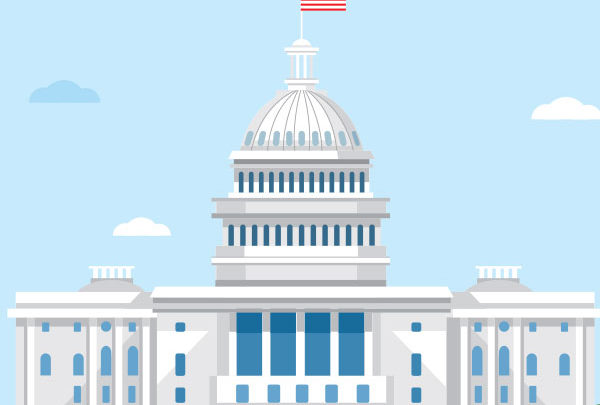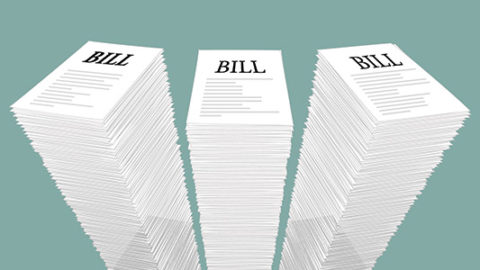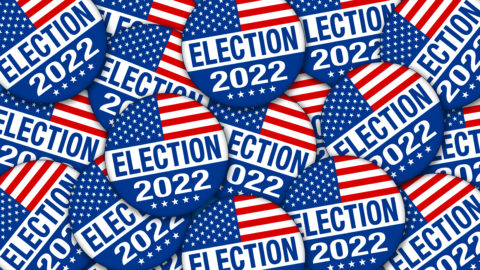Democrats Gamble on Two Budget Reconciliation Bills
AUTHORS
 Shawn Gremminger
Shawn Gremminger
Director, Health Policy

Director, Health Policy

Faced with Republican resistance on the size and scope of their proposed COVID-19 response legislation, the $1.9 trillion American Rescue Plan, Capitol Hill Democrats are attempting to do something no Congress has succeeded in doing since 2006 – pass two budget reconciliation bills in a single year – a particularly difficult challenge given Democrats controlling both chambers by the narrowest of margins.
The budget reconciliation process is designed to expedite consideration and passage of certain types of legislation – namely, those that impact the federal budget deficit. Unlike most other legislation, budget reconciliation bills cannot be filibustered in the Senate, meaning they can pass with a simple majority. In general, this means that the party with the Senate majority can pass the legislation without relying on bipartisan support. The rules around passage of budget reconciliation legislation are complex, but most importantly, all of the bill’s provisions must directly impact federal spending, meaning many policies of interest are off the table.
Congress is already well on its way to passing the American Rescue Plan, which was considered by committees of jurisdiction last week and is expected to be passed by the House this week. The legislation includes several priorities identified in a PBGH-led letter signed by more than 25 employer / purchaser organizations, including increased funding for production and distribution of COVID tests, vaccines and personal protective equipment. In addition, the bill provides subsidies for laid off or furloughed employees to cover 85% of COBRA premiums. The Congressional Budget Office estimates that the COBRA subsidies will help provide continuous coverage for 2.2 million people. Unfortunately, the American Rescue Plan fails to address other priorities identified by employers and purchasers, including capping prices on vaccines, testing, PPE and COVID services, and policies to increase the availability of telehealth both during and after the pandemic.
Following expected House passage next week, the American Rescue Plan will likely be taken up immediately by the Senate and could pass in a matter of weeks. Congressional leaders have set March 14 as an unofficial deadline for enactment, as that is when current funding for enhanced unemployment insurance payments is set to expire.
Congressional Democrats will likely have a heavier lift passing their second reconciliation bill later this year. While the American Rescue Plan is focused on COVID response and relief and thus enjoys strong public support, the next bill will potentially incorporate many unrelated priorities, including health care policy, infrastructure spending and tax reform. It is as part of that bill that congressional leaders have said they will seek to move more controversial health care priorities, including new coverage options, such as expansion of Medicare or a public option, and policies to bring down drug costs by allowing Medicare to negotiate for the price of brand-name drugs and to cap inflation on existing drugs.
While reconciliation’s rules mean that Democrats could avoid having to negotiate with Republicans on these priorities, it would require unanimous support among all 50 Senate Democrats to be enacted – a difficult task under all circumstances.



